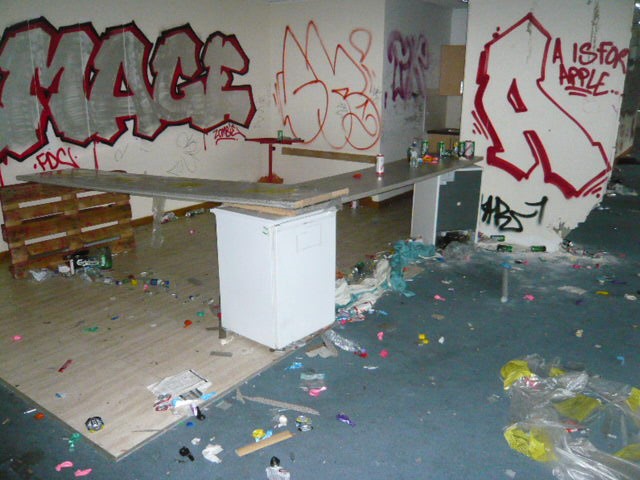Simon Broadbent, CEO of Secure Empty Property, advises how property owners or landlords can legally remove squatters from their commercial properties
When the law that made squatting in residential properties a criminal offence was put into effect back in 2012, commercial properties have been put exponentially at risk.
Now, while residential property owners are able to legally keep squatters out of their buildings, commercial property owners have had to deal with an influx of unauthorised occupiers that they cannot as easily get rid of.
Squatting in non-residential buildings is still a civil law matter rather than a criminal one, which means that the property owner has to go to court in order to have the issue removed. If you obtain a summary possession order, which costs £175 to issue the application, you can expect to take back possession of the property from 10 days to four weeks.
You can also obtain an Interim Possession Order, for a quicker turnaround, but it can only be used within 28 days of you becoming aware of the squatters occupying your property. An IPO can prove to be more complex as it is only an interim measure while waiting for a hearing. It is also reliant on specific timescales and other technicalities, which can derail the entire application and process if not followed to the letter, and is also a more expensive procedure.
However, the police can remove unauthorised occupiers if they have committed criminal damage, for instance by forcibly breaking into the property or damaging the inside in some way. While squatting in the property is not a crime damaging it is.
The police can also take action if the squatters have stolen from the property, used any of the utilities without permission, dumping waste, and of course ignoring court notices to leave if your court order goes through.
In order to avoid damage to your property and costly legal fees, Chief Executive of Secure Empty Property, Simon Broadbent, advises taking preventative measures and investing in protecting the property.
He said: “Squatting is a real headache for landlords. Not just the cost of their eviction but the damage they cause whilst in occupation and the hold-up to the owners plans for re-development or disposal. We urge property managers to mitigate these risks before they happen.”
Secure Empty Property provides rapid-response security services such as steel shuttering and temporary monitored intruder alarms to properties nationwide.











